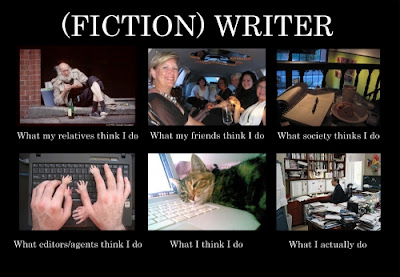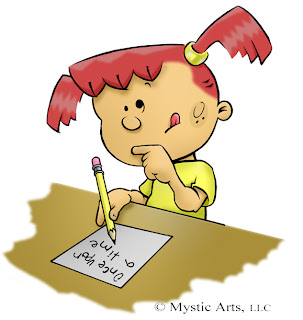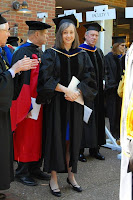Posts
Showing posts from September, 2012
Posted by
Jen Cervantes
Five Misconeptions about writers by Jen Cervantes
- Get link
- X
- Other Apps

Posted by
Mike Townsend
September Theme: Misconceptions People Have About Writers
- Get link
- X
- Other Apps

Posted by
Lucy Jones
September Theme: Misconceptions others have about writing.
- Get link
- X
- Other Apps
Posted by
Stephanie J. Blake
September Theme: Five Lies I have Told Myself
- Get link
- X
- Other Apps
Posted by
Dia Calhoun
Dear Miss Conception: September Theme
- Get link
- X
- Other Apps

Posted by
Holly Schindler
PLOWING UP MY CORN (HOLLY SCHINDLER)
- Get link
- X
- Other Apps

Posted by
Lisa Graff
September Theme: Misconceptions About Writing (Writing, Writing...)
- Get link
- X
- Other Apps
Posted by
Sarah Dooley
September Theme: Misconceptions (Sarah Dooley)
- Get link
- X
- Other Apps
Posted by
Stephanie Burgis
September Theme: (Type-)Writing Misconceptions (Stephanie Burgis)
- Get link
- X
- Other Apps
Yes, It's Work! (September theme) Tracy Barrett
- Get link
- X
- Other Apps

Posted by
Jody Feldman
Yes, I'm Working (September Theme from Jody Feldman)
- Get link
- X
- Other Apps

Posted by
John Claude Bemis
September Theme: MAKING THE WORK WORK by John Claude Bemis
- Get link
- X
- Other Apps

Posted by
Naomi Kinsman
Publishing News and Book Giveaway: From Sadie's Sketchbook (Naomi Kinsman)
- Get link
- X
- Other Apps

Posted by
Trudi Trueit
PUBLISHING NEWS and BOOK GIVE-AWAY: STEALING POPULAR by Trudi Trueit
- Get link
- X
- Other Apps
